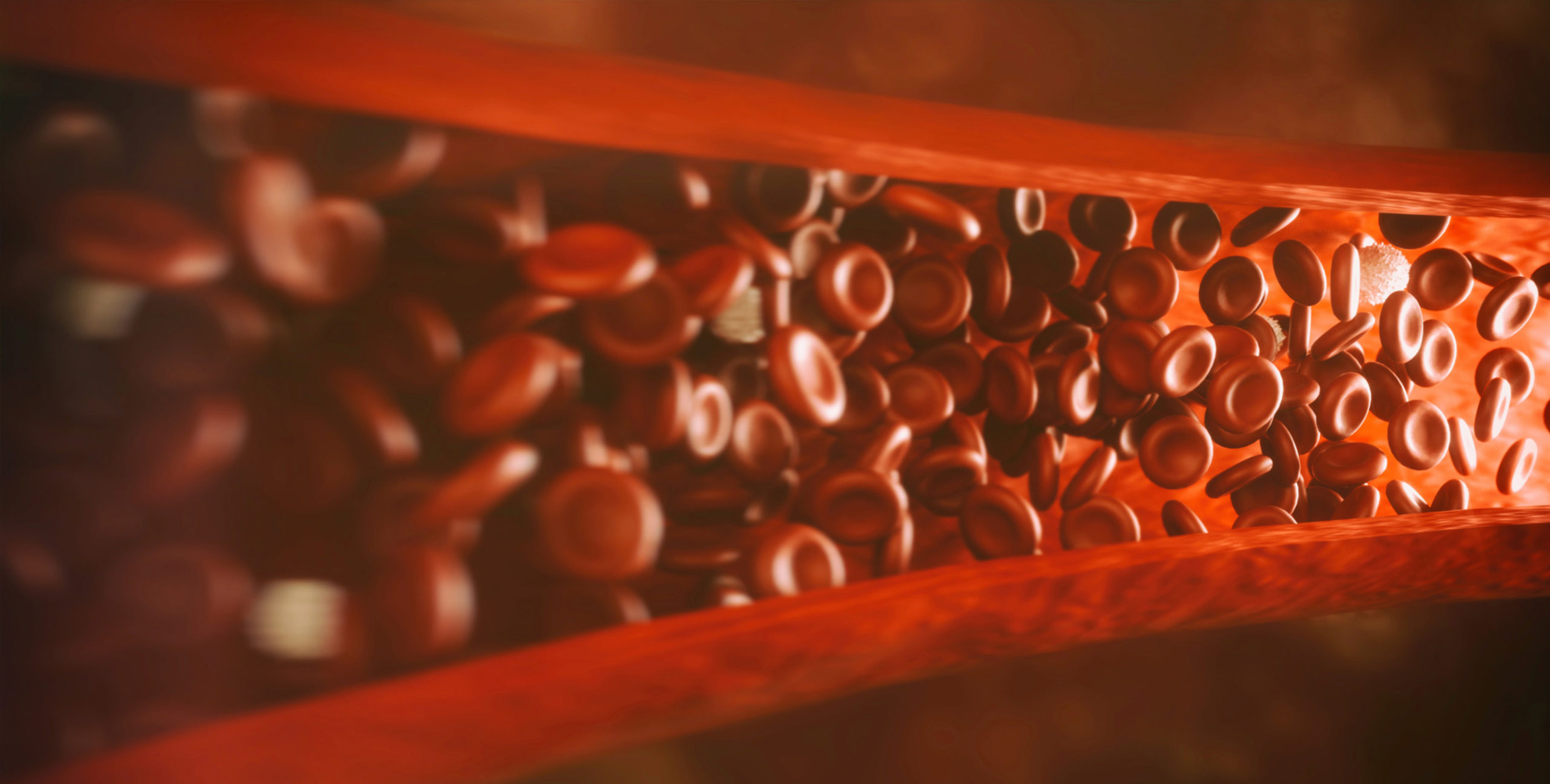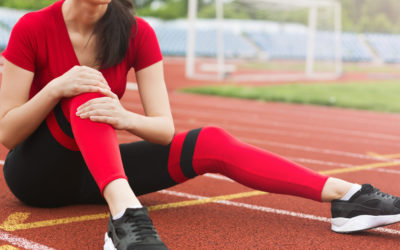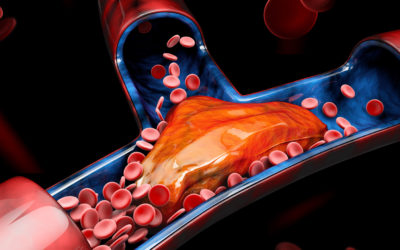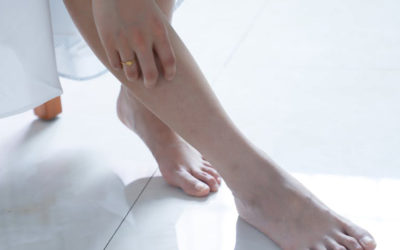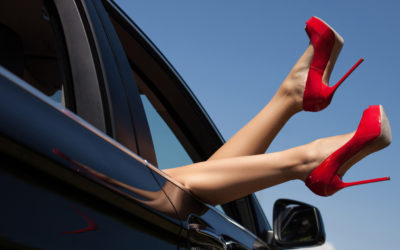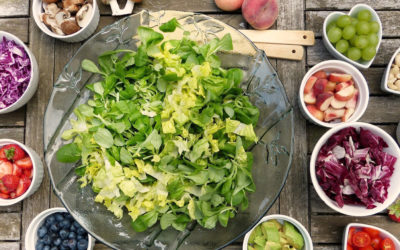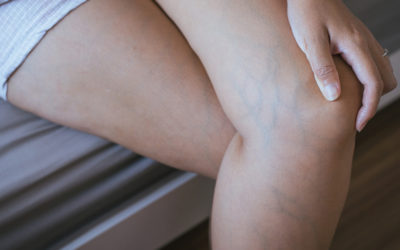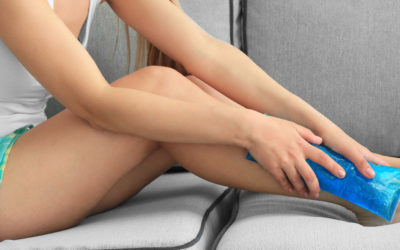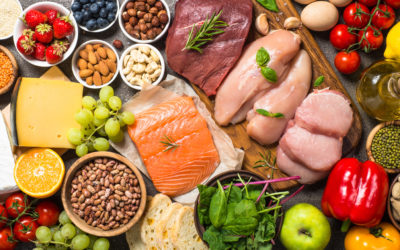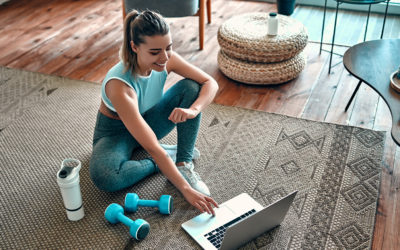You may know that blood clots are a dangerous condition that can cause heart attacks. While this is true, the clotting of blood is also a necessary function of the human body. But there is a difference between clotted blood that aids healing and blood clots that can be deadly.
If you’re wondering how to prevent blood clots naturally, the good news is there are a number of ways to do so. Keep reading to discover just how easy it can be to keep your circulation strong and healthy.
What Are Blood Clots?
A blood clot, also known as a thrombus, is the final stage in the body’s process of stopping bleeding. The blood changes from a liquid to a gel in a process called coagulation. In the case of an injury, this happens in order to form a plug that prevents further bleeding.
Risks and Dangers of Blood Clots
One of the main risks of blood clots is deep vein thrombosis (DVT), which is where clots happen deep in the veins, often in the legs.
The risk here is that a blood clot could move through the bloodstream toward the heart or lungs, become blocked, and therefore prevent blood flow. This is how blood clots can cause a heart attack or pulmonary embolism.
There are a few conditions that may increase the likelihood of someone suffering from a blood clot. Pregnancy, surgery, cancer, and some treatments can all take their toll on the body and cause blood clots. So what are some clot prevention tips?
How You Can Prevent Blood Clots Naturally
In cases where someone is at risk of blood clots, a doctor may prescribe a blood thinner. This is effective in preventing dangerous blood clots but doesn’t come without its own side-effects.
So what are some natural blood thinners which mean you don’t need to take any drugs and suffer side effects?
Stay Hydrated
Drinking water has countless health benefits, but in general, it is vital for keeping your body working efficiently. Make sure you are drinking plenty of water throughout the day, and keep an eye on your urine—if it is darker than usual or yellow, you probably need to drink more.
Use Garlic
Garlic contains compounds that can be incredibly beneficial to heart health and circulation. It is thought to have the ability to keep blood platelets from sticking together. It is best eaten raw if you’re brave enough to deal with the intense flavor!
Stay Active
Exercise is something we all know we should do, but life can get in the way and prevent us from building good habits. But keeping active and moving around is a sure way to help your body work efficiently.
Contact Us
With exercise, a balanced diet, and generally good health, you shouldn’t have to worry about blood clots. But sometimes things can happen in life which can mean you are unable to maintain optimal health, whether that be cancer, pregnancy, or a hereditary illness.
If you’re concerned about being at risk of blood clots, or if you’re looking for more information and advice on how to prevent blood clots, don’t hesitate to get in touch. We are able to offer treatment for many different issues, whether medical or cosmetic.

